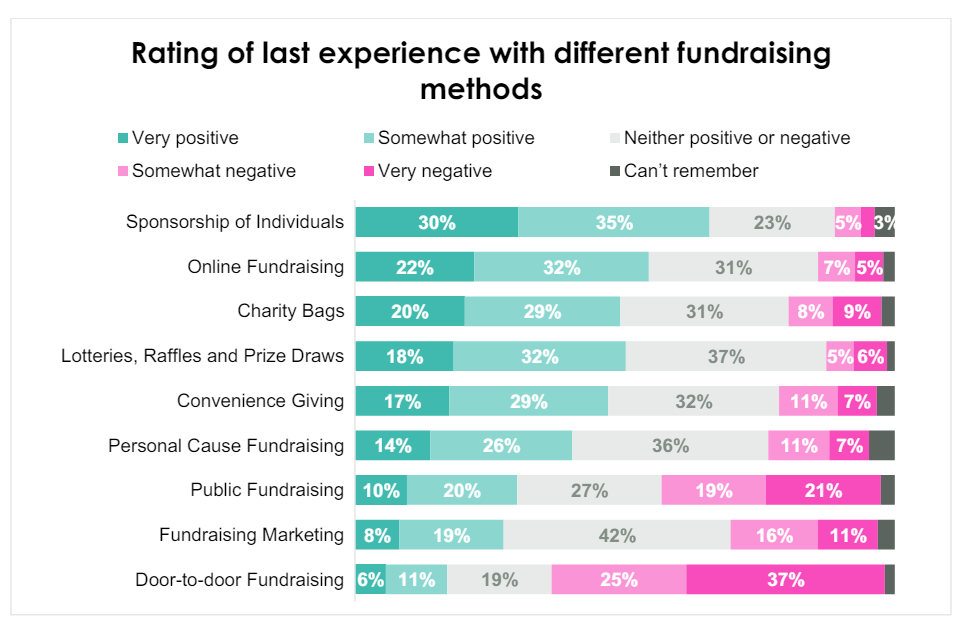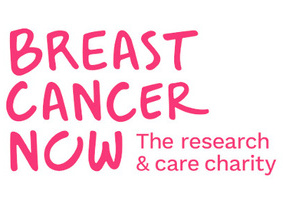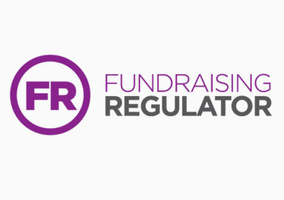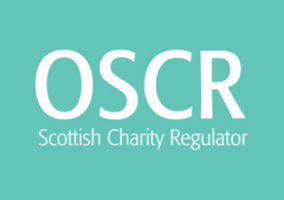Some 62% of people have rated their most recent experience of door-to-door fundraising negatively in response to a new survey from the Fundraising Regulator.
In response to the survey of more than 3,000 adults in the UK, 60% said they would be unlikely to engage with door-to-door fundraising in the future, while half said they would be less likely to support charities in general again because of it.
Only 17% said they had had a positive experience with the fundraising technique, which was voted as the method respondents were least comfortable with.
Public fundraising was also perceived poorly in the study, conducted by Opinium Research on behalf of the regulator between October 2023 and February 2024, with 40% of people viewing it somewhat or very negatively.
Paul Winyard, head of policy at the regulator, wrote a blog where he urged charities to “think carefully” about how they approach these methods of fundraising in light of the findings.
Online fundraising is seen most positively
Some 54% of respondents reported a positive experience of online fundraising, while 49% viewed charity bags positively.
Sponsorship of individuals was the highest-rated fundraising method, with 65% of respondents viewing this positively.

Respondents to the study rated door-to-door fundraising as the method they were least comfortable with to some degree (76%).
Public fundraising was also one of the methods people were least comfortable with, as over half (52%) said they were either “not very comfortable” or “not at all comfortable” with it.
50% trust charities to deliver on their promises
Half of those surveyed said they generally trust charities to deliver what they promise, which is equal to the trust levels of health professionals in the study and higher than the trust levels of regulators and watchdogs (32%) and public bodies (22%).
Trust in charities was higher among those in younger age groups (aged between 16 – 34) while there were lower levels of trust in charities among those aged 55 and over.
Overall, 84% said they trusted “at least some” charity fundraisers, while 16% said they did not trust any.
Those who reported a lack of trust in charity fundraisers gave their reasoning as being due to a lack of transparency over where the money is going (42%), concerns over corruption (26%), and reputation and scandals (11%).
One participant of the study said: “There are so many fraudulent appeals and scams around nowadays it is sometimes difficult to know which are the genuine ones.”
The report argues that the Fundraising Regulator could play an important role in increasing trust and confidence in charitable fundraising through promoting their role and function.
It recommends that the regulator work with fundraisers and membership bodies to identify areas which require more guidance, consider how it can increase public awareness of its role and continue to promote the benefits of registering fundraising organisations with it.
CIoF defends public fundraising methods
Claire Stanley, director of policy and communications at the Chartered Institute of Fundraising (CIoF), said: “It is encouraging to hear that, overall, public trust in charities is high, with the majority of those who are able to donate during these challenging economic times finding giving and supporting charities to be a positive experience.
“Our members work hard to maintain the integrity of the sector and build on that public trust.
“And in recent years when organisations have faced both social and economic challenges, public fundraising has been one of the most effective and valuable forms of fundraising for so many charities across the country.
“It remains the method of fundraising that generates the most regular supporters for our members as well as engagement with the public and increasing awareness of good causes that they may wish to support.
“The Code of Fundraising Practice states that all fundraising ‘must be legal, open, honest and respectful’ – and our members who carry out public fundraising sign up to support and comply with the code.
“If, in the instance of door-to-door fundraising, a person has a no cold-callers sign displayed, we are confident that our members will respect that and move on.
“We will continue to work with our members and the Fundraising Regulator to provide ongoing support and updated guidance where it is required, to ensure the code continues to be upheld.”











